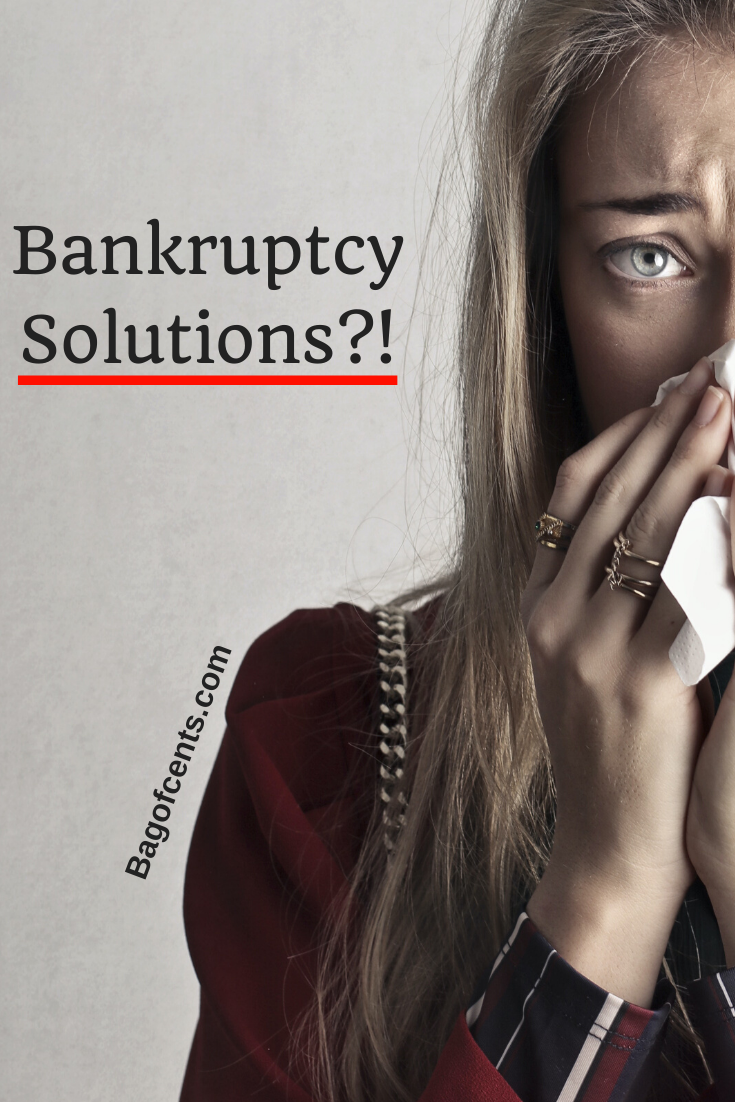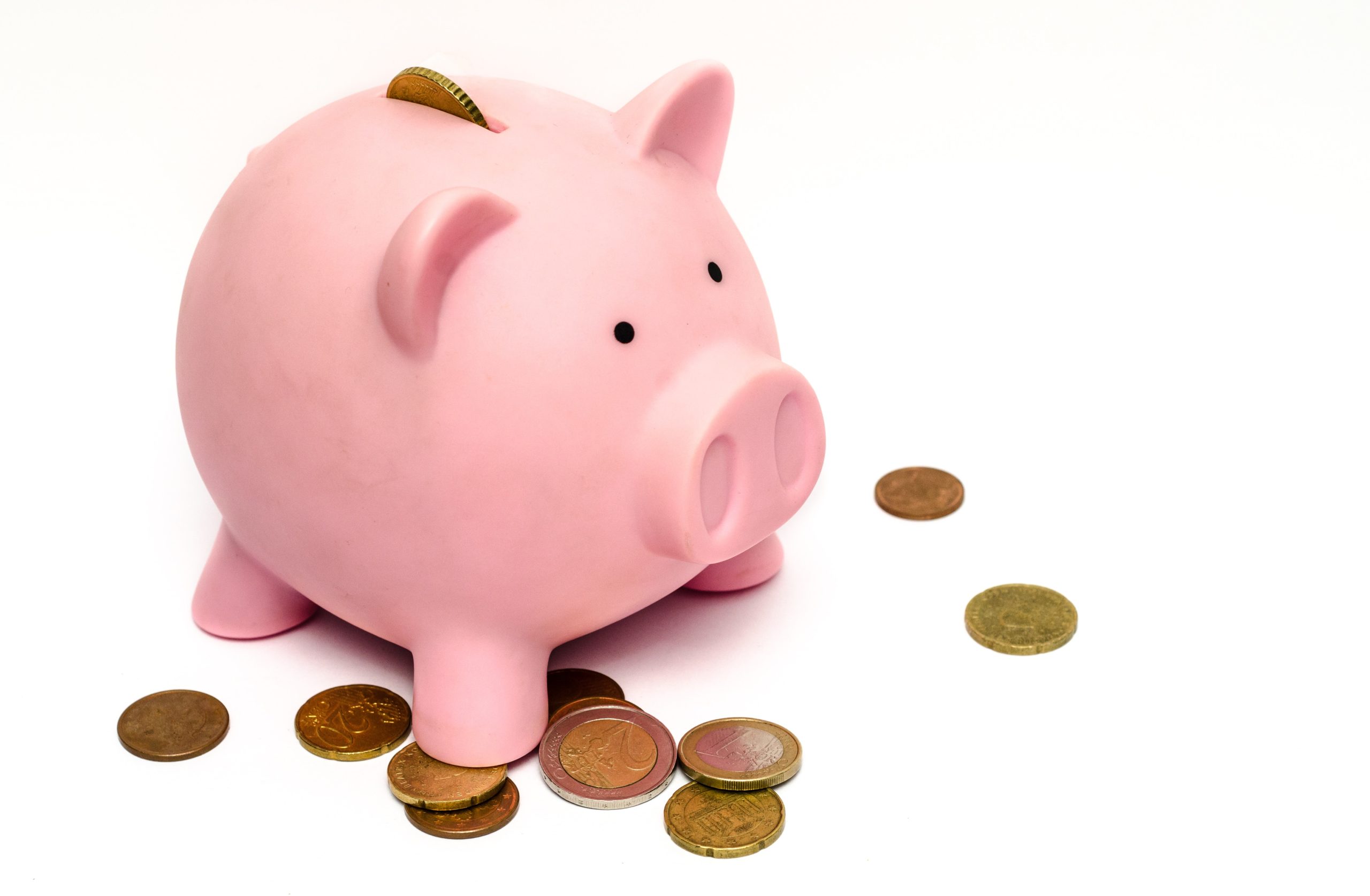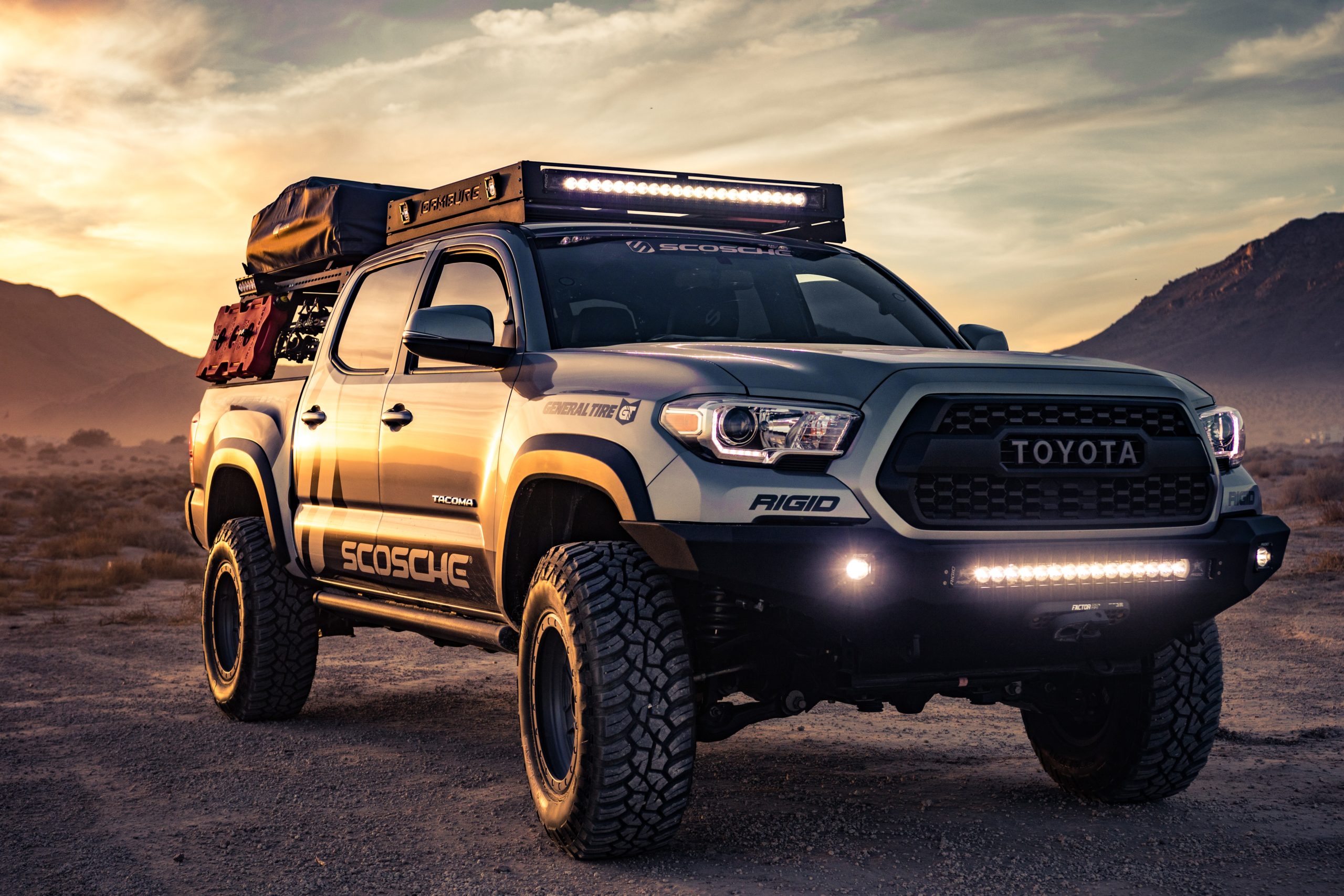
Claiming bankruptcy is a worrying thing to have to think about but it is sometimes necessary if you have debts that you are unable to pay. Whether the pandemic has destroyed your business or your finances have taken a severe turn for the worse, it’s useful to understand how bankruptcy works. One of the big things people are concerned about is what will happen to their possessions.
What Can I Keep If I Go Bankrupt?
You can keep some of your possessions when claiming bankruptcy. The assets you will be able to keep are known as bankruptcy exemptions. These possessions cannot be seized by a Licensed Insolvency Trustee to pay creditors.
Why Are Some Assets Exempt?

Bankruptcy is a process that is meant to allow an honest debtor to get a fresh financial start. When you claim bankruptcy, you will have to surrender all your assets to a trustee. As part of how to file for bankruptcy, those assets will be sold by the trustee, and the money used to pay your creditors fairly.
However, if you are going to be able to get that fresh start, you must be able to keep enough of your assets for you to begin the process of rebuilding your finances. Bankruptcy exemptions are defined by law, which differs slightly by province.
What Bankruptcy Exemptions Can I Expect?

For most people, exemptions are limited amounts of:
- Food and heating fuel
- Health aids
- Clothing
- Furniture
- Tools for trade
- Farmland, animals, equipment, and supplies
- Pensions
The limits on the value of exemptions are why most people aren’t able to keep a house or car after bankruptcy. In most provinces, the limits are tough on house and cars, which means that most people will be forced to sell the property to pay their creditors. Something like a car will have its value confirmed with an appraisal.
What If There Is A Mortgage On My Car Or House?

The exemption only applies to how much equity you hold in the asset. If there is a secured debt against an asset, such as a mortgage, then the equity is calculated by subtracting the amount of unpaid debt from the value of the asset.
For example, if you own a car that is worth $15000, but you have a loan secured against it worth $11000, then your equity in the car is $4000. In Alberta, the limit on cars is $5000, meaning an Alberta resident could keep the car. Check the limits in your area to understand what you can keep.
If you do decide that claiming bankruptcy is the best course of action for you, then try not to worry about your possession. You will be allowed to keep enough of your assets to allow you to go on living your life, providing for your family, and making a living. What you will be allowed to hold onto will vary depending on the circumstances and the area you live in. The rules can be confusing, so always use a professional to help you.

PS Hope this was informational ?!
Stanley
Popular posts on Bag of Cents:

Leave a Reply